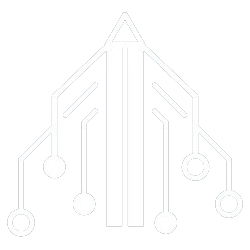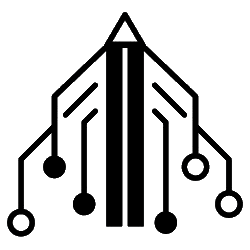However, having “guests” on the router might be the least of the problems, since it might also involve be a victim of a cyber attack. Below we will tell you more about the matter and answer other frequent questions regarding the change of the WiFi password.
It is not good to keep the original key
The default WiFi passwords, which usually come under the router, are the ones given by the operators and are usually quite consistent with the minimum security requirements for this type of password. And although it is not the companies that choose them, since they entrust it to algorithms, these keys can leak and with it leave the password at the mercy of third parties of your network.
Likewise, it is also interesting change network name, so that it cannot be identified first with any operator. Thus, by having a different name and password than the one that comes by default, you will make it more difficult for cybercriminals to obtain your password.

How often do you have to change the WiFi password?
There is really no recommended period of time to change the WiFi password. If you’ve already changed your key once and it meets the minimum requirements, it may not even be necessary to change it.
However, there are situations in which it is advisable to do so. For example, if you have never changed them or it has been a long time since you did (years). In the same way, it is convenient to do it if you have the suspicion or even certainty that someone is using your wifi without permission.
Obviously, it is also advisable to do so If you have been the victim of a cyber attack that you have entered via WiFi or that, indirectly, has revealed your password.
What password to put on WiFi

Putting a short and easy to remember password may seem very practical to always have it at hand when connecting to a device for the first time. However, for security purposes, The best thing is that it is a password that you do not remember. And this is where the classic tips for choosing a secure password come in.
- Avoid predictable passwords, be it number strings such as 12345678, birthday dates, as well as names or other words and phrases that can be associated with you. Passwords should have no meaning.
- make it long, the more the better. It does not need to be 100 characters either, but at least between 15 and 30, avoiding at all costs passwords of less than 10 characters.
- mix characters of all kinds and alternate them. Uppercase letters, lowercase letters, numbers, special characters such as question marks or parentheses, etc.
- Avoid repeating it in email accounts, applications and the like. Having different passwords for everything is one of the most important security keys.
Likewise, it is important that store the key in a safe place like a password manager. Pointing them under the router is not a bad option, but if you receive a visit from someone you do not want to have the key, it is a very obvious place.


